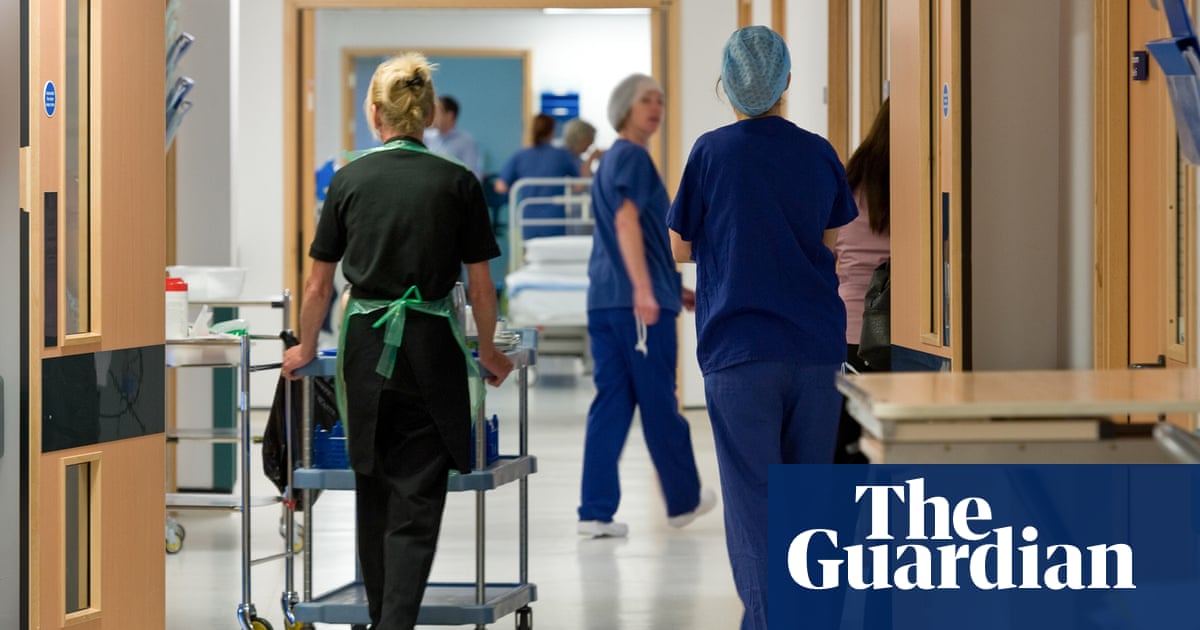A third of women who have died during, or in the year after, pregnancy were known to children’s social care services, with a fifth of these deaths being the result of suicide, according to research which is the first of its kind.
Between 2014 and 2022, 1,451 women died during pregnancy or within a year of giving birth, with 420 of these women having been in contact with children’s social care services, according to analysis of data from the maternal, newborn, and infant clinical outcome review programme provided by MBBRACE-UK.
Of the deaths, a fifth were the result of suicide, while a third were because of “other psychiatric causes” including drug-related deaths, and 5% were because of homicide, according to the analysis published in BMJ Medicine and led by academics at King’s College London and the University of Oxford.
The report is the first of its kind to detail the high proportion of women with children’s social care involvement who die during and after pregnancy in the UK and the care they receive in that period. Of these women, 65% reported having experienced domestic abuse before or during their pregnancy, while a third had experienced abuse during their childhood.
The study included a review of anonymised care records for 47 of the women included in the research, which found uncoordinated involvement of maternity and mental health services with social care and other medical specialists, resulting in overwhelming and disjointed appointments.
Many of the women who died and were in contact with children’s social care services came from “backgrounds of trauma and abuse, and yet despite their efforts to keep up with demanding appointment schedules, they often face scrutiny and judgment rather than receiving support for the issues they are facing”, according to Kaat De Backer, the lead author of the study, from King’s College London.
She added: “Too often, the professionals the women are in touch with don’t work together to provide holistic care, which increases the pressure on a mother.
“When women have access to designated multi-disciplinary teams with specialist knowledge and capacity to provide integrated and holistic care, these barriers can be overcome. It makes it easier to understand who is doing what and when, for women and professionals.”
The researchers called for urgent changes to be made to how mothers with social care involvement are treated by clinicians and other agencies during their pregnancies and early motherhood.
Naomi Delap, the director of Birth Companions, said the study highlighted the “acute need for better care for women with children’s social care involvement, and the significant barriers that get in the way of providing that care”.
She added: “To help improve things, we need coordinated national policy and clear expectations across the health and social care systems.”
-
In the UK and Ireland, Samaritans can be contacted on freephone 116 123, or email jo@samaritans.org or jo@samaritans.ie. In the US, you can call or text the National Suicide Prevention Lifeline on 988, chat on 988lifeline.org, or text HOME to 741741 to connect with a crisis counsellor. In Australia, the crisis support service Lifeline is 13 11 14. Other international helplines can be found at befrienders.org

 8 hours ago
3
8 hours ago
3










 English (US)
English (US)